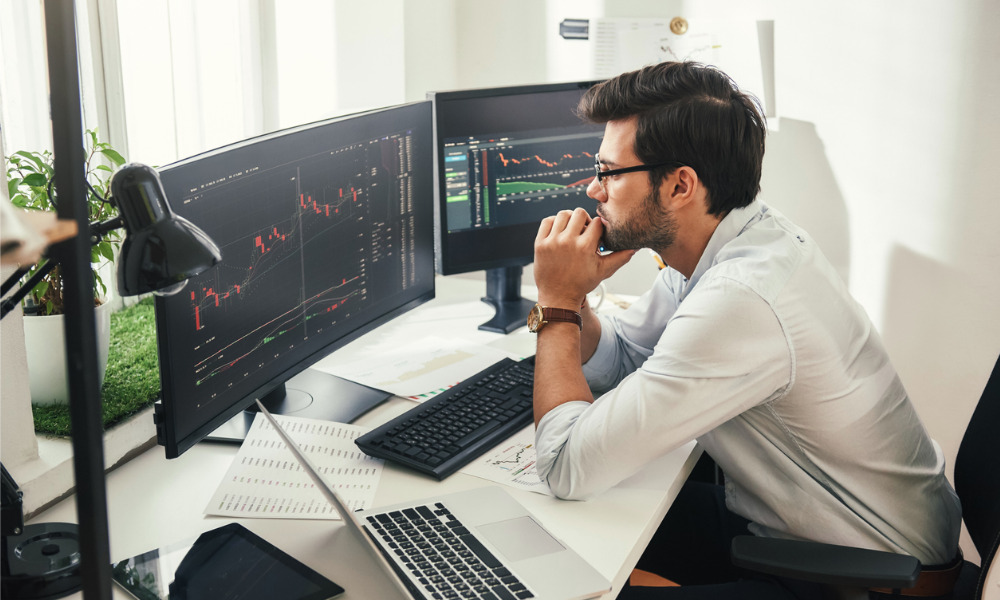PE firms struggle to gauge virus impact on portfolio companies, which may not be as insulated as hoped

With typically long lock-in periods and high investment minimums, alternative investment funds have traditionally been desirable for a number of reasons. Among them is the assumption that they’re insulated against general market panics by their long-term horizons the non-public nature of their holdings.
But now in the world of private equity, that assumption is being put to the test.
“Most [PE] funds are required to report their value as of March 31, so firms are now struggling to assess how much the coronavirus pandemic has affected their portfolios,” reported the Wall Street Journal.
The Journal noted that due to worldwide lockdowns and business disruptions caused by the virus, public markets have taken a beating, with the S&P 500 shedding 20% of its value in the first quarter of the year. The hits to company valuations will differ by sector, and PE firms will have to work carefully to assess the overall damage they’ve sustained.
A potential problem for PE investments is the fact that deals typically involve high amounts of leverage. Drawing from data from Burgiss Group LLC, one estimate from MSCI last week held that the value of large U.S buyouts had dropped 35% from their first-quarter peak.
Peter Shepard, a managing director at MSCI, said that average PE investment valuations have not fallen as much as those of public companies, based on the firm’s model. But they are still affected severely by volatility in other markets, he added.
One thing PE investors could hold on to is the fact that quarter-end valuations will end up not with losses not as dramatic as those in the public equity market. And historically, firms have been slow to adjust values up or down, presenting “smoother” price trajectories than publicly traded assets.
But because of questions raised about how they calculate returns and valuations, the PE industry has recently made its practices more standardized. That includes marking each investment at fair value — the price it would be able to fetch during an orderly sales process.
However, David Larsen, a managing director at valuation-advisory firm Duff & Phelps, told the Journal that firms will not necessarily write down their portfolios immediately by 20% in line with stock-market losses, which he said would be “a scorched-earth approach.
“Fair value does not mean fire-sale pricing,” he said, adding that firms should account for delayed exits, reduced returns, and other variables to reflect the economic impact of the pandemic, while still adhering to their valuation procedures. “Every company has to be considered for impact.”


